The western corner of Europe is a place where ocean freshness meets the comforts of modern life. Property in Portugal opens up opportunities for a radical change of lifestyle. Let’s talk about it in more detail.

The energy of the Atlantic: why property in Portugal is in such demand
Living by the ocean has a special atmosphere – fresh breezes and endless expanses energise every day. Owning a property in this location is a symbol of quality living, where environmental friendliness is combined with European comfort. The Atlantic gives the opportunity to feel a part of nature, improving both physical and mental health.
Advantages of living near the ocean:
- Clean air promotes health.
- The climate is mild, without sharp temperature fluctuations, which makes everyday life comfortable.
- Lusitania’s beaches are regarded as some of the best in Europe – there’s always a chance to exercise or relax on the coast.
- There is a lack of industrial pollution, making the coast an ideal location for those seeking an eco-friendly lifestyle.
The pros of buying property in Portugal for investment: financial wisdom
The demand for housing by the endless waters is constantly growing, attracting investors interested in reliable assets. Tourism and the demand for rentals by the sea contribute to a stable income.
Benefits of investment:
- Profitability: The possibility of renting out the property guarantees a stable income.
- State support: The “golden visa Portugal” programme attracts investors.
- Growing demand: Tourism is on the rise, which increases the demand for short-term rentals.
- Investor benefits: Lower taxes on rental income for residents, making the market even more attractive.
An oceanfront villa or an apartment in the city?
Choosing between a villa by the ocean and an apartment in the city centre is a toss-up between different styles of everyday life.
Oceanfront villa – the advantages:
- Total privacy and proximity to nature.
- Beautiful ocean views.
- Opportunity to create a personal oasis with swimming pool and garden.
- Freedom in architectural solutions and the opportunity to develop the territory according to your taste.
Apartments in the city – amenities:
- Developed infrastructure in walking distance.
- Close proximity to cultural centres, restaurants and shops.
- Great option for renting out.
- Maintenance and security that reduces household hassles and makes life more comfortable.
Property in Lisbon and Porto – at the heart of Portuguese culture
 Lisbon is a capital city where every neighbourhood has its own unique flavour. Investing in property here provides access to the best schools, restaurants, as well as opportunities for cultural enrichment. The city is home to numerous cultural sites – museums, theatres and galleries – making it an ideal destination for those who appreciate art and history.
Lisbon is a capital city where every neighbourhood has its own unique flavour. Investing in property here provides access to the best schools, restaurants, as well as opportunities for cultural enrichment. The city is home to numerous cultural sites – museums, theatres and galleries – making it an ideal destination for those who appreciate art and history.
Porto is famous for its wineries and ancient architecture. Here you can find both cosy apartments and luxury villas overlooking the Douro River. The city is famous for its half-timbered buildings, narrow streets and ancient bridges, which creates a unique atmosphere and adds a special charm to life here.
“Golden Visa”: how property in Portugal opens borders
The programme provides unique opportunities for investors. Acquiring square metres in the Lisbon Republic allows you to obtain a residence permit, which opens the door to life in Europe without unnecessary bureaucratic hurdles.
Benefits:
- Travelling without visas: a chance to visit the Schengen area.
- Possibility of obtaining citizenship after 5 years.
- Stable investments: Portugal is one of the safest and most stable markets in Europe.
- Attractive conditions for families: the visa is extended to family members, making the programme particularly convenient for those planning to move with loved ones.
Property in Portugal for permanent residence
For those who are looking for a calm and measured place for permanent residence, property in the Atlantic state will be an excellent solution. There is a high level of security, warm climate and developed infrastructure.
Slow life style living:
- A calm rhythm helps to reduce stress.
- Excellent medical care available to residents.
- High quality food products, developed farming.
- A community of friendly and welcoming people, which facilitates a quick adaptation and a sense of belonging to the local culture.
Investing in commercial property in Portugal: hotels, offices and restaurants with the ocean as a backdrop
Investing in commercial objects is an opportunity to get high returns in the context of the growing tourist popularity of the country. Hotels, restaurants and office space in sought-after regions offer excellent prospects.
Key areas of focus:

- Hotels by the ocean: high tourist flow guarantees a stable income.
- Lisbon offices: the rise of technology and the influx of start-ups are creating demand for workspaces.
- Restaurants and cafes: Portuguese cuisine is known for its uniqueness and gastrotourism attracts many visitors.
- Retail spaces: shops and shopping arcades in tourist areas provide a constant flow of customers and high revenue.
Conclusion
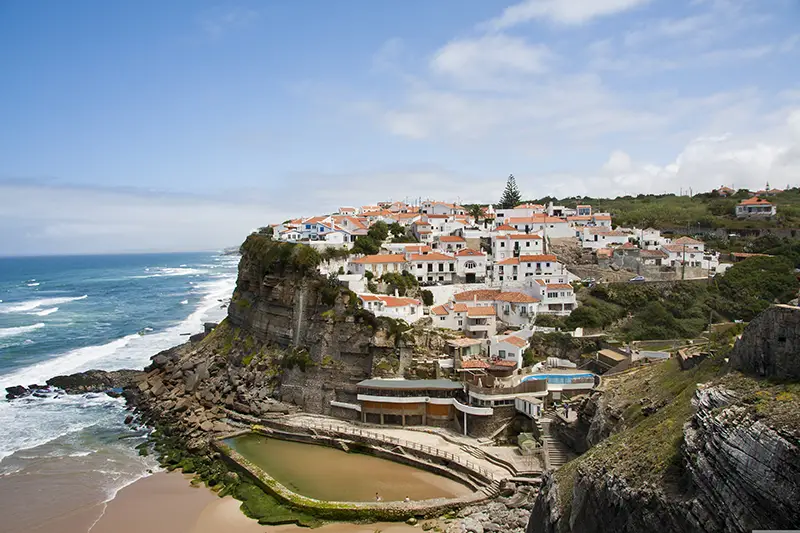 The Atlantic breeze, culture, stability of Portugal is a great choice for those who want to change life and increase capital with the purchase of property in the land of sailors. It offers horizons that one can only dream of – from relaxing beach holidays to active participation in the cultural life of Lisbon and Porto.
The Atlantic breeze, culture, stability of Portugal is a great choice for those who want to change life and increase capital with the purchase of property in the land of sailors. It offers horizons that one can only dream of – from relaxing beach holidays to active participation in the cultural life of Lisbon and Porto.
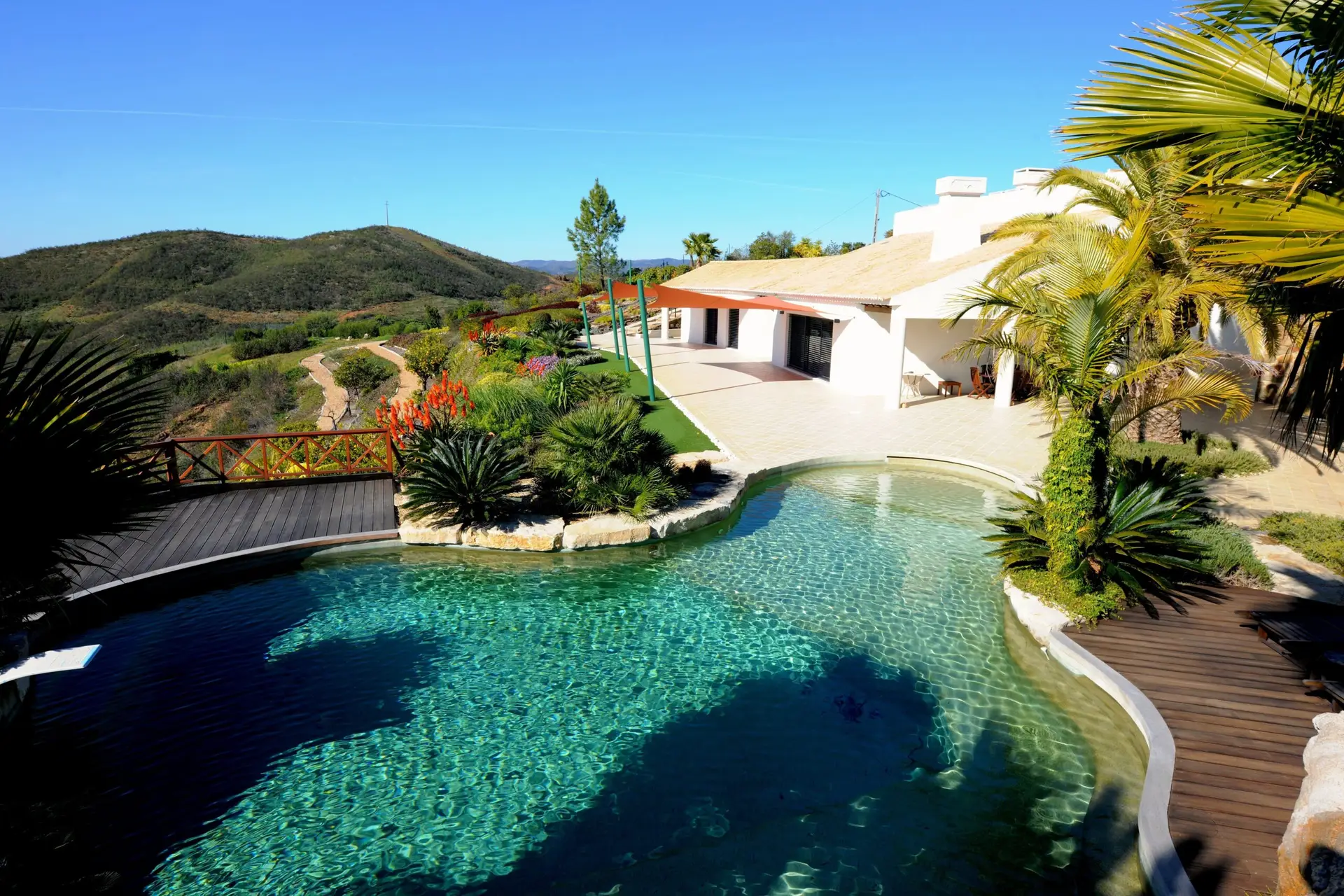

 The Portuguese residence permit programme opens access to the labour market, education, medicine and movement within the EU. There are options through investment, contract, study or even passive income from remote activities. The most popular route is through a D7 visa: you just need to prove a monthly income of €820 (minimum), rent a home and open an account.
The Portuguese residence permit programme opens access to the labour market, education, medicine and movement within the EU. There are options through investment, contract, study or even passive income from remote activities. The most popular route is through a D7 visa: you just need to prove a monthly income of €820 (minimum), rent a home and open an account.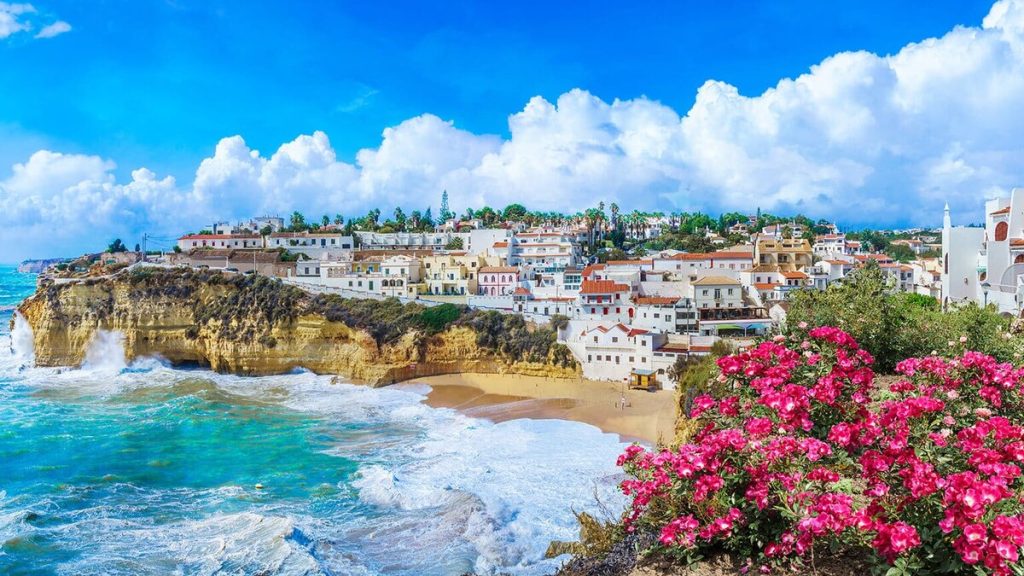 Whether it is worth moving to Portugal depends on your goals and readiness for change. The country offers access to the EU, a mild climate and favourable living conditions, but requires adaptation and a clear strategy. The move is justified if you take into account not only the advantages, but also the hidden nuances: taxes, bureaucracy and peculiarities of local life.
Whether it is worth moving to Portugal depends on your goals and readiness for change. The country offers access to the EU, a mild climate and favourable living conditions, but requires adaptation and a clear strategy. The move is justified if you take into account not only the advantages, but also the hidden nuances: taxes, bureaucracy and peculiarities of local life.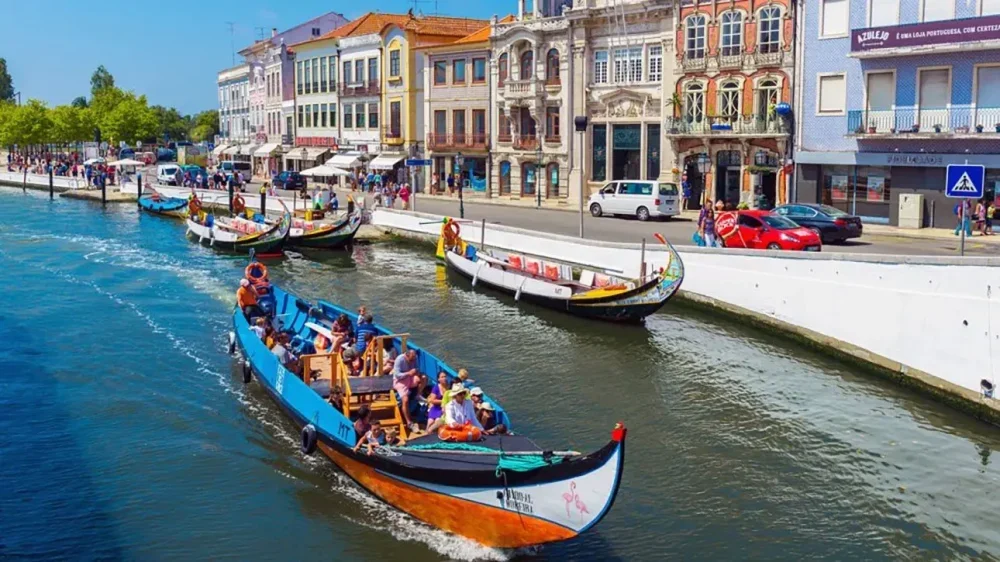
 Citizenship through marriage is not automatic. Marriage grants the right to apply after 3 years of living together. The marriage must be registered in Portugal. From 2022, there are more frequent checks on the reality of the relationship: interviews, cohabitation, finances. The scenario works also for same-sex unions.
Citizenship through marriage is not automatic. Marriage grants the right to apply after 3 years of living together. The marriage must be registered in Portugal. From 2022, there are more frequent checks on the reality of the relationship: interviews, cohabitation, finances. The scenario works also for same-sex unions.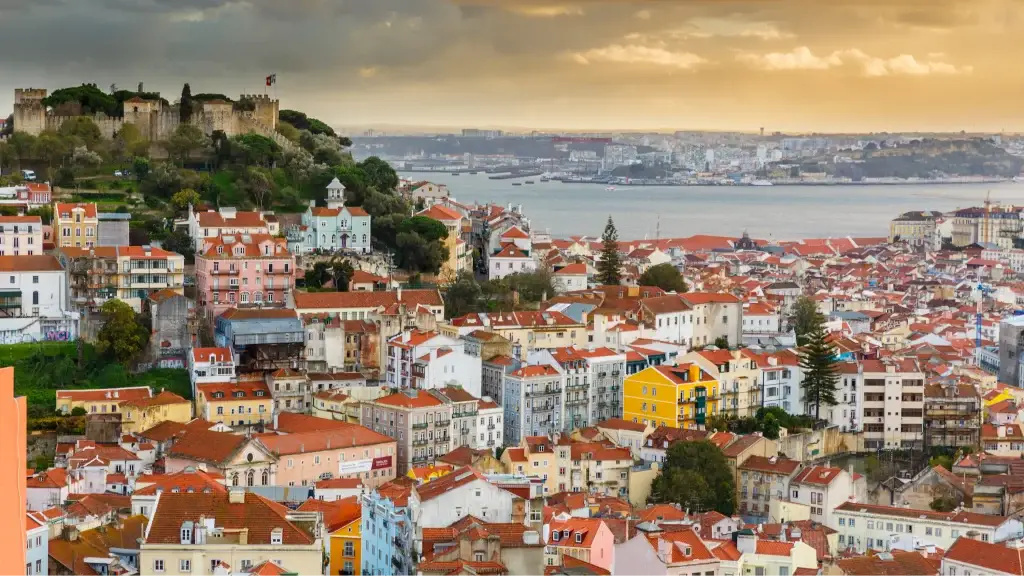 It is possible to obtain a passport as a Portuguese citizen in 2025 if you follow the rules and act without mistakes. The country offers several ways: through naturalisation, marriage, investment or descent. The main thing is to prove legal residence, integration and clean dossier.
It is possible to obtain a passport as a Portuguese citizen in 2025 if you follow the rules and act without mistakes. The country offers several ways: through naturalisation, marriage, investment or descent. The main thing is to prove legal residence, integration and clean dossier.